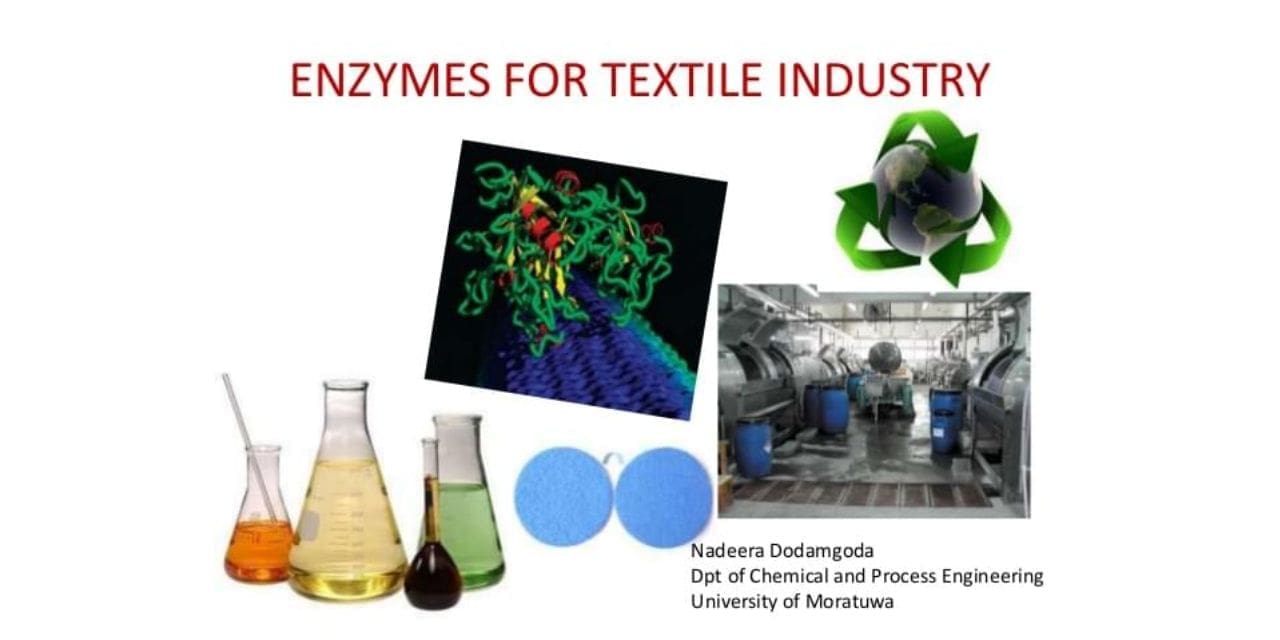The use of enzymes in the textile industry has been gaining popularity due to its various benefits. Enzymes are natural biological catalysts that can perform specific reactions, which makes them highly useful in the textile industry. The use of enzymes in textile processing can lead to more efficient and eco-friendly processes, which can help reduce the industry’s environmental impact.
One of the major benefits of using enzymes in the textile industry is their ability to reduce the use of harsh chemicals. Enzymes can be used in the place of traditional chemical treatments such as bleaching, desizing, and bio-polishing, resulting in more environmentally friendly textile production. Additionally, enzymes can reduce the amount of energy required for certain processes, such as bio-scouring and enzymatic bleaching, further reducing the environmental impact of textile production.
Enzymes are highly specific in their reactions, making them efficient at their intended purpose while leaving other materials untouched. This specificity makes it possible to use enzymes in the separation of blended fabrics such as cotton and polyester, which can help increase textile recycling and reduce waste.
Furthermore, the use of enzymes in textile production can lead to improved product quality. For instance, enzymes can improve the feel and appearance of fabrics, as well as their durability. Enzymes can also be used to remove impurities from fabrics, leading to cleaner and more hygienic products.
The use of enzymes in the textile industry has several economic benefits, including increased efficiency, reduced costs, and improved sustainability.
One of the primary benefits of using enzymes in textile processing is increased efficiency. Enzymes can significantly reduce processing time and energy consumption, leading to higher productivity and lower production costs. Enzymes can also improve the quality of the finished product, leading to fewer defects and higher customer satisfaction.
Another economic benefit of using enzymes in textiles is the ability to recycle and reduce waste. Enzymes can be used to break down textile waste into its basic components, which can then be reused in the production of new textiles. This not only reduces waste but also reduces the need for virgin materials, leading to cost savings. Enzymes can also be used to separate blended cotton and polyester, which can increase recycling and reduce textile waste.
Finally, the use of enzymes in textiles can contribute to sustainability, which can result in long-term economic benefits. By reducing water and energy consumption and minimizing waste, companies can reduce their environmental impact and improve their reputation among consumers who value sustainability. This can lead to increased sales and higher profits in the long run.

